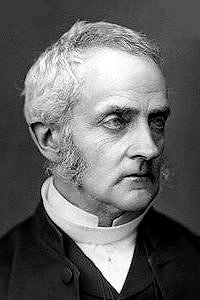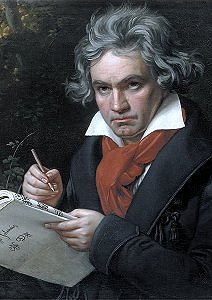Introduction

Words: Arthur P. Stanley, in Macmillan’s Magazine, April 1870.
Music: Hayes from Sonata Opus 14, No. 2, by Ludwig van Beethoven, 1799 (🔊 pdf nwc).

Master, it is good for us to be here.
Luke 9:33

Words: Arthur P. Stanley, in Macmillan’s Magazine, April 1870.
Music: Hayes from Sonata Opus 14, No. 2, by Ludwig van Beethoven, 1799 (🔊 pdf nwc).

It was remarked to me by a friend that he knew of no modern English hymn on the transfiguration, an incident of the gospel narrative so remarkable in itself, so full of manifold instruction, and so frequently read in our Church services, and which perhaps more fully than any other single scene contains the concentration of the main lessons of our Lord’s life on earth…
I have endeavored to combine, as far as possible, the Various thoughts connected with the scene.
Arthur Stanley
Nutter, p. 73
O Master, it is good to be
High on the mountain here with Thee,
Where stand revealed to mortal gaze
Those glorious saints of other days,
Who once received on Horeb’s height
Th’eternal laws of truth and right,
Or caught the still small whisper, higher
Than storm, than earthquake, or than fire.
O Master, it is good to be
With Thee, and with Thy faithful three;
Here, where the Apostle’s heart of rock
Is nerved against temptation’s shock;
Here, where the Son of Thunder learns
The thought that breathes, and word that burns;
Here, where on eagle wings we move
With him whose last best creed is love.
O Master, it is good to be
Entranced, enwrapt, alone with Thee;
And watch Thy glistening raiment glow
Whiter than Hermon’s whitest snow;
The human lineaments that shine
Irradiant with a light divine;
Till we too change from grace to grace,
Gazing on that transfigured face.
O Master, it is good to be
Here on the holy mount with Thee;
When darkling in the depths of night,
When dazzled with excess of light,
We bow before the heav’nly voice
That bids bewildered souls rejoice,
Though love wax cold, and faith be dim,
This is My Son, O hear ye Him.
,Wikimedia%20Commons.jpg)